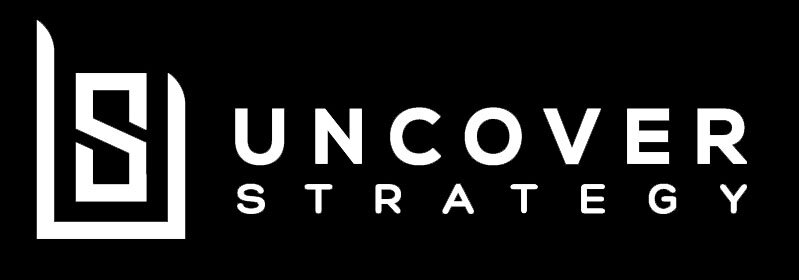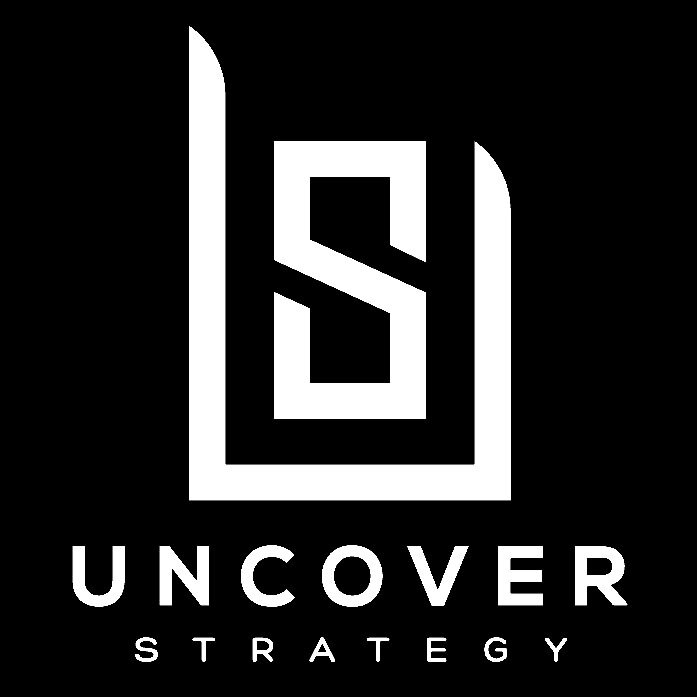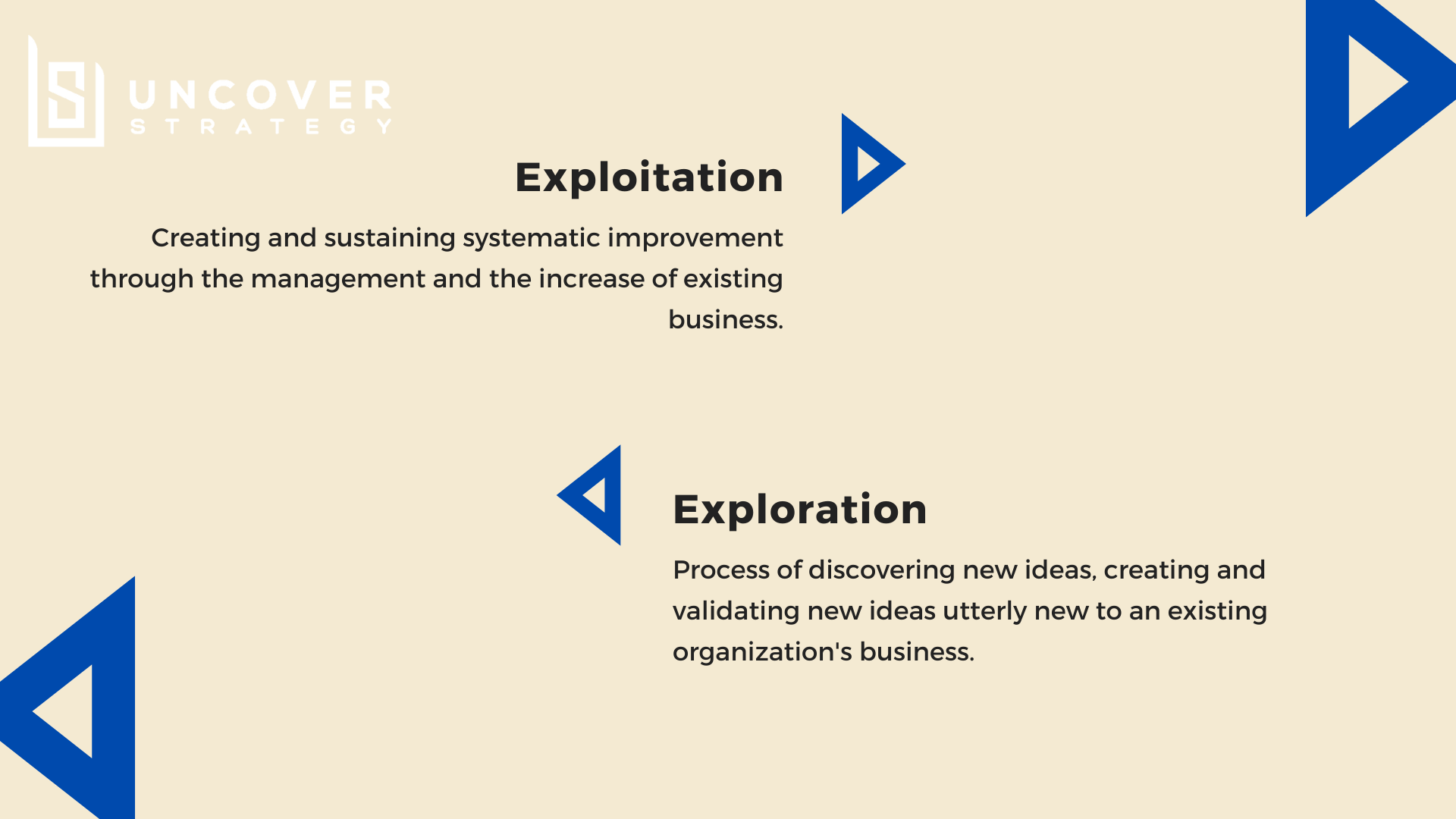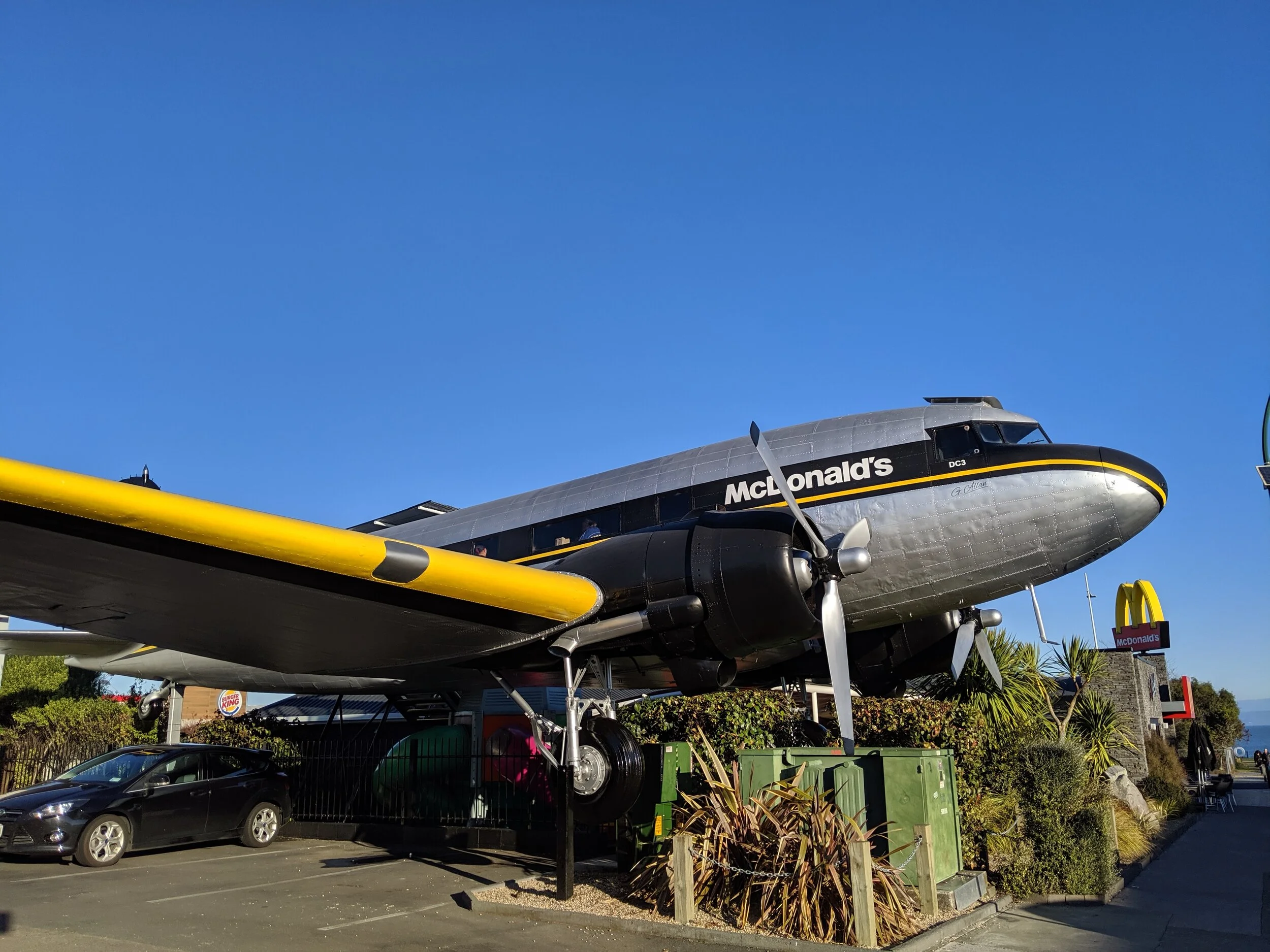2 Fundamental Forces in Business I Wish to Have Recognized Earlier
Exploitation vs. Exploration.
Two forces in organizations that wouldn’t even “sit together” in a single room if they were offered a Million Euros?
No, I am not talking about Donald J. Trump and Jim Acosta. I mean in an organizational setting.
The first one derives from the need of creating efficient processes involving plenty of people running around to make some amount of money. On the other hand, it is the fact that you need to invent things. Your competition isn’t fast asleep, even if you would like to think so. You need to try out different things – be innovative. After all, you do not want to end up like Nokia and its smartphone market history.
In other words, increasing efficiency and sales (exploitation) stands in sharp contrast to discovering new streams of revenue or an increase in quality efforts in organizations (exploration).
Introducing something new always means criticizing someone’s work.
I find the discovery of these fundamental forces an especially powerful insight.
Anything new you are trying to introduce or even just alter is always (and let me emphasize always) criticizing someone else’s hard work. Essentially, when introducing something new (or just a different way of doing things the organization is already doing), you are saying that the current process/product/service is faulty. It is in need to be an improvement.
And that might be very well true. Just keep in mind the human component here: This is the work of someone. Someone who might have had to jump through many “hoops” to get where the process or product is right now. A process or product, that might have worked well for years.
“So why change? And why are you criticizing my work? You have no idea about how complicated this is.” is what you might hear (especially a blue or red if you read the phenomenal communication bestseller of Thomas Erikson) a person say in the meeting room that is just about to heat up instantly.
It goes to show how much anything new is coming up against resistance. Now we all know about Change Management and its importance. The terms of exploitation and exploration are just one part of this. It is important to keep the machine going, to get more efficient, to be more profitable. But please, I beg you, do not forget the force that sits closer to the term “innovate”.
When trying to do new things, emphasize how the existing has served the company well. It has served them for an extended period of time. It made them money – and maybe it was better than others at the time. Make sure to explain that an environment has changed and you would like to “further improve” the “now”.
The current process has worked well. Now the environment changed - and simply needs to be adjusted.
Recognize these forces are existing and NOT compatible. Go from there.
There are many ways to mitigate, minimize, or in other words giving it a shot to “combine” the two forces into one as much as it is possible to do so.
Goals: Exploitation vs. Exploration
(Source: Simon Beuse, 2021)
One is the example of Suhit Anantula in an event a few weeks ago. In a small-scale meetup event, he explained where you can have innovation, or therefore exploration, happening on the outskirts of the company only loosely tying into the day-to-day business (see the event that we covered here).
In essence, one has to understand that they are not congruent – they are naturally working against each other.
I wish I would have known this earlier in my career.
Not that I currently have a particularly advanced career and climbed all the corporate ladders – quite the opposite is true for me at the moment (I just finished my Masters's working alongside in a Dutch corporation). But even in these few years of work experience, from responding to IT problems of end-users to now handling a large international project I discovered that is not new at all: Change is hard.
And trying something new, while improving the current, is even harder.
Knowing what forces exist can help you navigate this minefield. It can open up your perception to new approaches that incorporate this fact. I firmly believe in bringing this to the forefront of one’s mind in a repeated manner will lead to greater results from your work.
“How can I make this looks like an improvement that acknowledges the previous work?” is just one example that happens to cross my mind regularly now every time I am proposing change.
BLOCKBUSTER did not join the forces.
Okay, first of all, you can’t join the two forces. I hope I made that clear.
The case of the iconic American brand BLOCKBUSTER who went bankrupt in 2010, made that clear. Here, one force was stronger. And it took the rent-a-VHS giant down (even though they had intentions to merge with Netflix according to Inc.com).
BLOCKBUSTER did not see the need to change its current strategy by keeping its physical stores (of which there were many, around 9000 to be precise. It is noteworthy to say that they were in talks with Netflix at the time about a potential partnership. However, talks ceased after the organization refused to advertise the brand in the stores.
Instead, BLOCKBUSTER focused on efficiency. A new online store to order DVDs amongst other initiatives made BLOCKBUSTER more efficient (hence, they were better able to exploit their current strategy), but left the company dead in the end.
Who does it well?
Is the “Golden Arches” as I heard some Americans joke about the brand once in a while: McDonalds.
Exploitation: Keeping core items, keeping things that work well through exploitation
In Taupo (New Zealand) stands this unique McDonald’s restaurant. Yes, you can dine inside this real airplane that has been transformed into the dining area of this local restaurant.
Source: Simon Beuse, 2021, New Zealand
Running for over 80 years, the brand is undoubtedly one of the most known and established restaurants around the world (however, did you know that Subway has actually more stores)? They exploit their business model (some of which they argue is actually real estate), by increasing efficiency in the production process. Better sourcing, increased efficiency and robotics in the kitchens, and an overall push to increase profit margins further and further (exploitation). This consistency has not only kept prices low but kept customers coming back to a “quick meal” that they know always tastes the same.
On the other hand, Maccas (as the Australians like to name the brand), keeps innovating (exploration). I am sure you have heard about the Monopoly game that McDonald’s licensed and is bringing back for more than 20 years now.
This is true for other items and initiatives as well. McDonald's does an exceptional job in innovating (and is also excellent at canceling ideas that are not running well) while keeping the core items identical - and that throughout the world. Whatever works they integrate, optimize and therefore materialize (the profit that is).
What is your experience?
I wanted to raise awareness for these two forces as I would have loved to have someone explain the importance and immense impact of these to me earlier in my career (I wrote a relatable article about work impact here). Do you think the same? What are your thoughts on the two forces? How much do you see them in your daily life – do you view them as important?
I would love to hear from you, either below this post, via Social Media, or the connect button on the top right.




